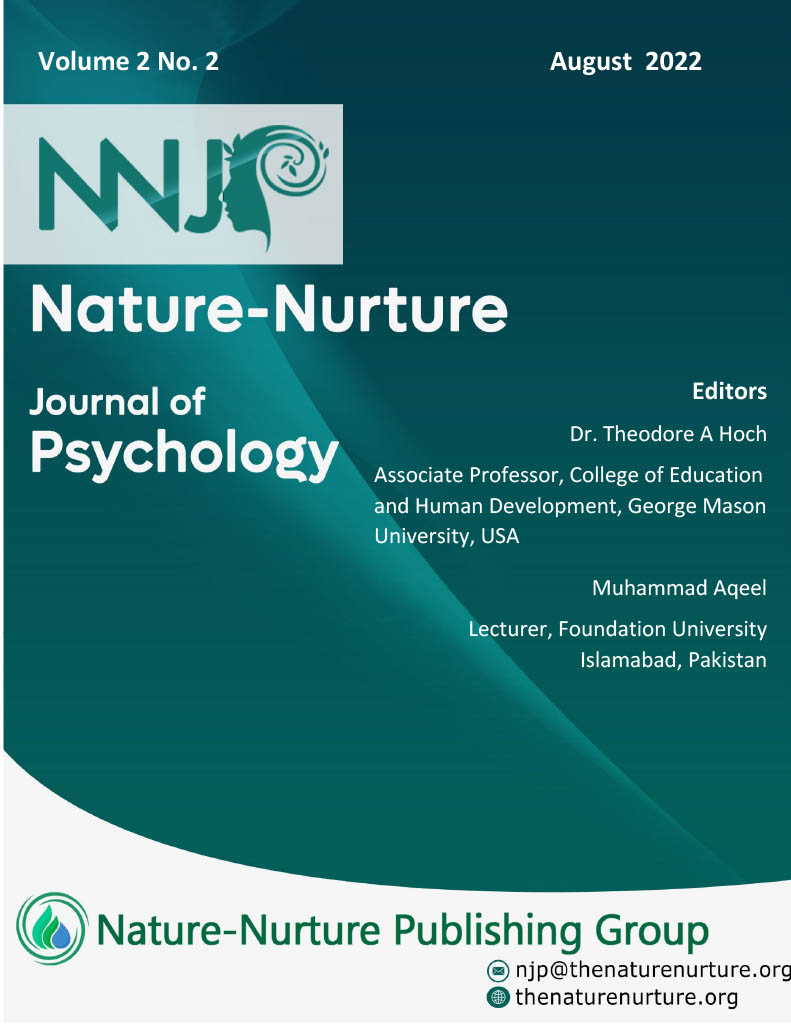Abstract
Background: Adolescence is an important time for managing the demanding developmental responsibilities of identity development and exploration. A multidimensional framework related to the nature of identity development and the personality structure is used to describe the processes that contribute to enhancing the mental health of adolescents. The present study aimed to examine the association of identity development with personality traits and psychological well-being in adolescents. Furthermore, this study investigated the potential mediation pathways among identity development, personality traits, and psychological well-being in adolescents.
Methods: The purposive-convenient sampling technique and cross-sectional research design were used to gather data. Two hundred students (male, n = 108; female, n = 92) whose ages ranged from 12 to 18 years (M = 16.51, SD = 1.12) were recruited from different public colleges in Rawalpindi and Islamabad, Pakistan, from September, 2020 to December, 2020. Three standardized instruments were applied to assess personality traits, identity development, and psychological well-being in adolescent students.
Results: This study’s findings indicated that neurotic, introversion, and extraversion personality traits were negatively significantly related to incoherent identity development and psychological well-being in adolescents. Additionally, the results demonstrated that incoherent identity development fully mediated in the relationship among neurotic, introversion, and extraversion personality traits and psychological well-being in adolescents. However, incoherent identity development only partially mediated psychotic personality traits and psychological well-being in adolescents.
Conclusions: This study recommended that different personality traits could be salient factors in shaping coherent and incoherent identity development and psychological well-being in adolescents. These results can be used to spread knowledge as well as provide insight to develop new assessment techniques, prevention, and intervention strategies for adolescents in Pakistani society.

This work is licensed under a Creative Commons Attribution 4.0 International License.
Copyright (c) 2022 Nature-Nurture Journal of Psychology


